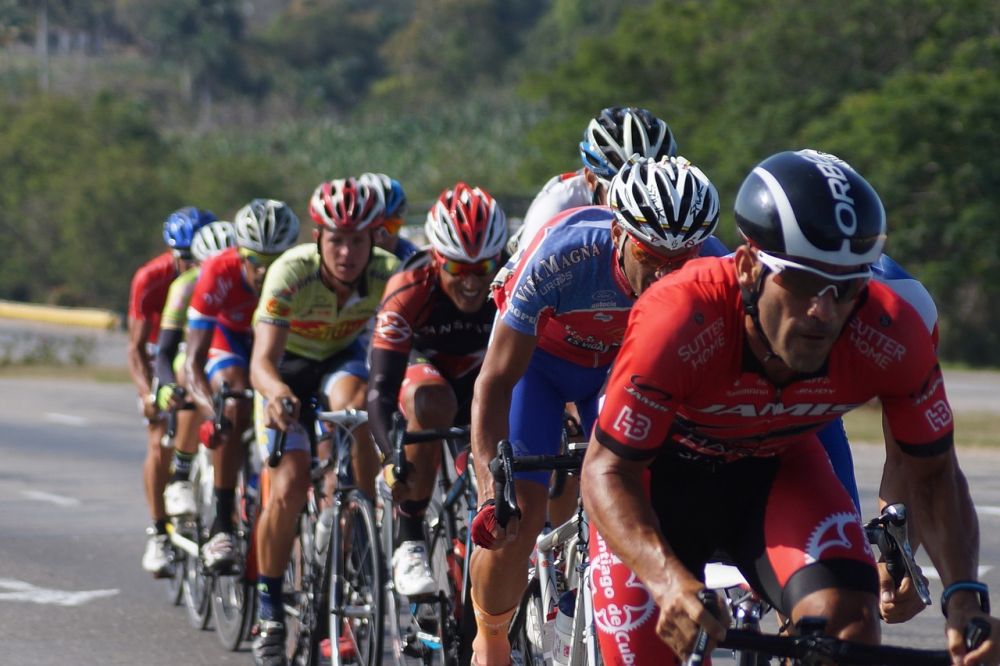Tour de France Winners: A Glimpse into the Cycling Legends

Introduction:
Tour de France Winners fascinate sports and leisure enthusiasts around the world. This renowned cycling race has a rich history, captivating spectators with its intense competition and unforgettable moments. In this article, we delve into the significance of Tour de France winners and explore how this iconic event has evolved over time.
The Importance of Tour de France Winners

– Tour de France is the most prestigious cycling race in the world, attracting top cyclists and teams.
– The winners of this race are celebrated as legends, showcasing exceptional skills, determination, and endurance.
– Tour de France winners inspire future generations of cyclists and serve as role models.
– Each victory brings glory, fame, and lucrative sponsorship deals to the winning cyclist and their team.
– The competition among contenders to crown themselves as the Tour de France winner is fierce, making victory an incredible achievement.
Historical Evolution of Tour de France Winners
The Tour de France was first organized in 1903 by Henri Desgrange, a French sports journalist, to boost sales for the newspaper L’Auto. Since then, it has grown into a global phenomenon, captivating audiences worldwide. Let’s delve into the race’s historical evolution and its winners’ extraordinary feats.
1903-1940: The Early Years
– In the early years of the Tour de France, winners were primarily French cyclists due to the race’s popularity in France.
– Maurice Garin, the first-ever winner, set the tone by triumphing in the initial edition of the race.
– The legendary Jacques Anquetil dominated the scene during the 1950s and made history by becoming the first cyclist to win the race five times.
– Eddy Merckx, known as “The Cannibal,” emerged as the ultimate force in the 1960s and 1970s, earning five Tour de France victories.
1947-1990: International Recognition
– Starting in the late 1940s, international cyclists began to dominate the race.
– Italian cyclist Fausto Coppi won twice, solidifying his status as one of the all-time greats.
– In the 1980s, Bernard Hinault, the “Breton Badger,” earned five victories and became a symbol of French cycling excellence.
– Miguel Indurain from Spain emerged as a dominant force in the late 1980s, securing five consecutive victories from 1991 to 1995.
1999-present: The Modern Era
– The turn of the millennium marked the rise of Lance Armstrong, an American cyclist who secured an unprecedented seven consecutive Tour de France victories from 1999 to 2005.
– However, Armstrong’s achievements were later tarnished by doping allegations, leading to his disqualification.
– In recent years, British cyclist Chris Froome, alongside his Sky Team, dominated the race, with four wins from 2013 to 2017.
– The most recent winners include Geraint Thomas of the United Kingdom in 2018 and Egan Bernal of Colombia in 2019.
Conclusion:
Tour de France winners hold a special place in sports history. Their victories inspire and captivate enthusiasts worldwide, serving as a testament to human determination and endurance. From the early legends to the modern-day heroes, each winner adds another chapter to the rich tapestry of the Tour de France. As the years go by, new contenders emerge, new stories unfold, and the allure of this iconic race continues to enthrall sports and leisure enthusiasts alike.

















